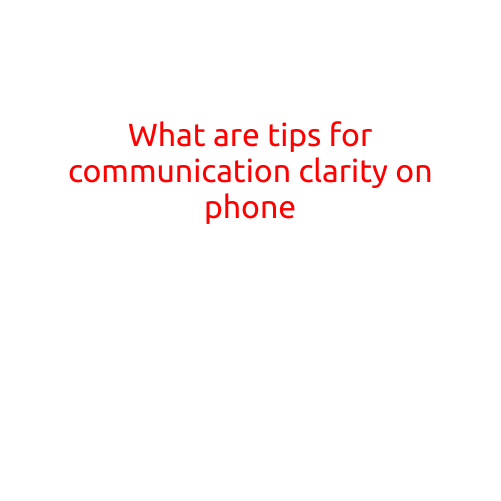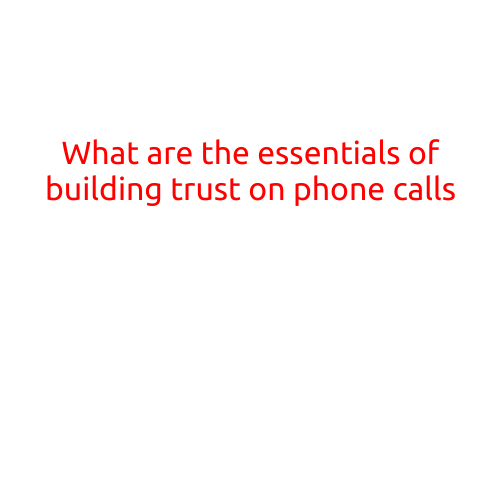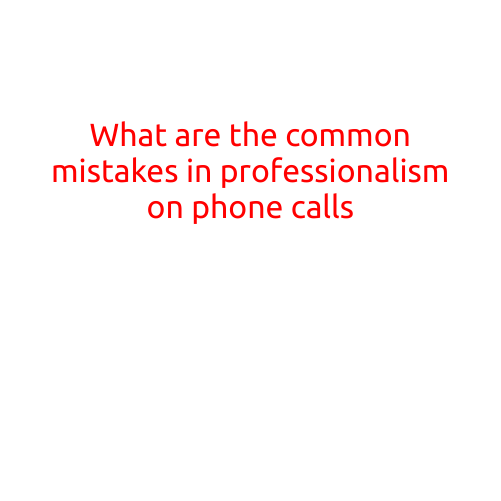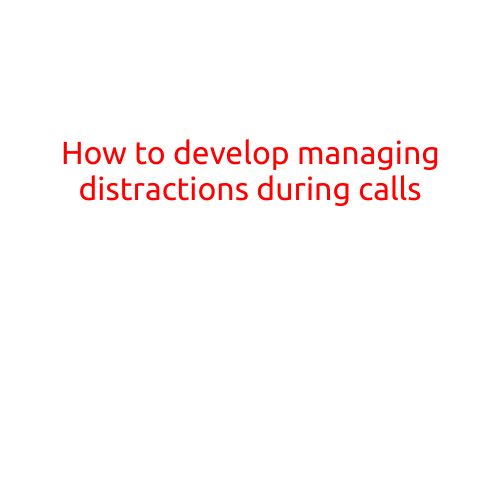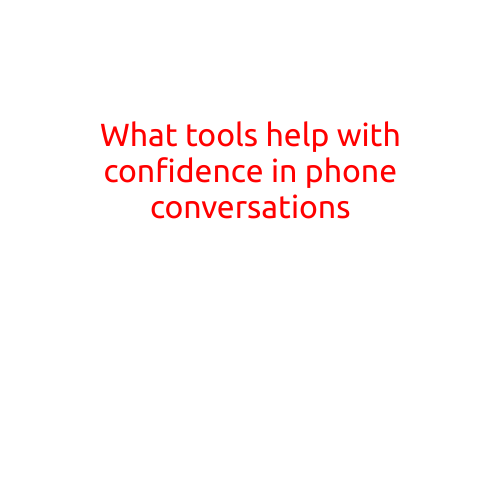
How to Develop Dealing with Angry Callers: Strategies and Techniques for Handling Difficult Customer Interactions
Dealing with angry callers can be a challenging and stressful experience for anyone in a customer-facing role. Whether it’s a customer service representative, a sales agent, or a business owner, handling irate customers requires a unique set of skills, strategies, and techniques. In this article, we’ll explore the importance of developing these skills, and provide actionable tips and strategies for handling angry callers like a pro.
Why Dealing with Angry Callers is Important
In today’s fast-paced and competitive business landscape, customer satisfaction and loyalty are crucial. Anger and frustration often stem from misunderstandings, miscommunications, or unmet expectations. If not addressed promptly and professionally, these negative emotions can lead to lost business, damaged reputation, and negative reviews. As a result, being able to handle angry callers effectively is vital for maintaining customer relationships and ultimately driving business success.
Techniques for Handling Angry Callers
- Listen Actively: When an angry caller starts to vent, it’s essential to listen attentively and empathetically. Avoid interrupting or dismissing their concerns, and engage actively by nodding, summarizing, or asking clarifying questions. This helps to diffuse tension, build trust, and creates an opportunity for resolution.
- Stay Calm and Composed: Maintain your cool, even when faced with aggressive or condescending tone. A calm and composed demeanor can help to de-escalate the situation, prevent emotional contagion, and keep the conversation focused on finding a solution.
- Empathize and Acknowledge: Acknowledge the caller’s frustration and show empathy by understanding their perspective. This doesn’t mean you have to agree with their point, but rather, that you’re willing to listen and address their concerns.
- Focused Problem-Solving: Once the emotional storm has passed, shift focus to finding a resolution. Ask specific questions to clarify the issue, and work collaboratively to identify a solution that meets the customer’s needs.
- Apologize Sincerely: When mistakes are made, apologize sincerely and take ownership of the error. This demonstrates a commitment to customer satisfaction and helps to rebuild trust.
- Take Notes and Follow-up: Document all interactions, including phone numbers, customer concerns, and agreed-upon solutions. Follow up to ensure issues have been resolved, and provide feedback to improve processes and prevent similar issues from occurring in the future.
- Role-Play and Practice: Dealing with angry callers requires practice and experience. Role-play different scenarios with colleagues or mentors to develop your skills, and constantly seek feedback to improve your approach.
Strategies for De-escalating Angry Calls
- Avoid Triggers: Familiarize yourself with common triggers that can escalate a situation, such as tone, language, and repetitive questions. Adjust your approach accordingly to mitigate these triggers.
- Use Positive Language: Frame the conversation positively by using words like ‘solution,’ ‘solution-focused,’ or ‘we’re here to help.’ This can help shift the caller’s focus away from anger and frustration.
- Show Appreciation: Express gratitude for the caller’s patience, loyalty, or satisfaction. This can help to diffuse tension and create a more positive atmosphere.
- Stay Patient and Persistent: Avoid getting frustrated or tired, even when faced with repeated complaints or aggressive tone. Stay patient and persistent, as this helps to keep the conversation focused on finding a solution.
- Know When to Escalate: If a situation becomes too heated or hostile, know when to involve a supervisor, manager, or colleague for support.
Conclusion
Dealing with angry callers is an essential part of providing excellent customer service. By developing the skills and strategies outlined in this article, you can effectively handle challenging customer interactions and maintain long-term relationships with your customers. Remember to stay calm, empathetic, and solution-focused, and always prioritize the customer’s needs.
